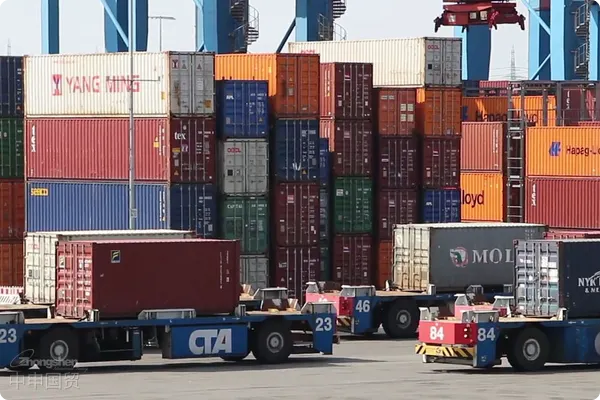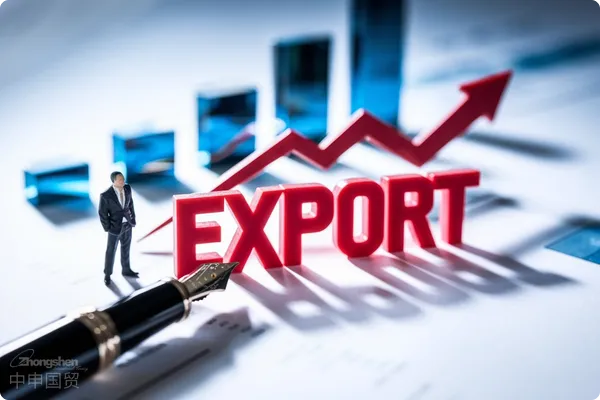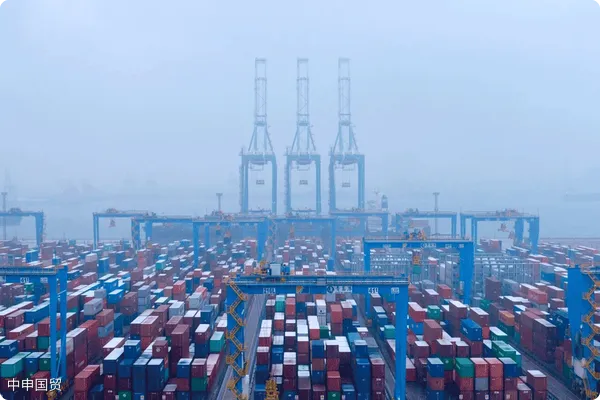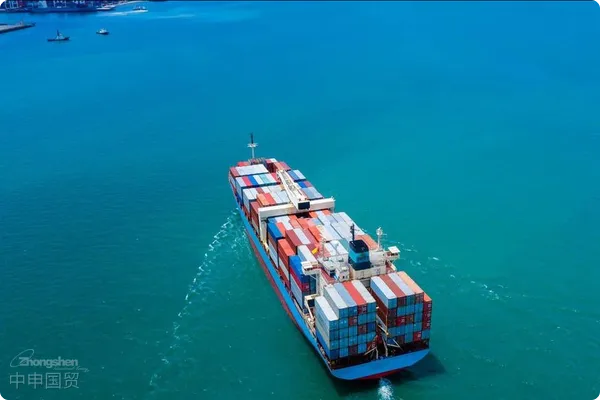- Shanghai Zhongshen International Trade Co., Ltd. - Two decades of trade agency expertise.
- Service Hotline: 139 1787 2118
Recently, everyone has been focusing on the shifting landscape of U.S. politics, especially the potential impact on China-U.S. trade if Trump returns to power. This is clearly a question that every foreign trade professional targeting the U.S. marketforeign trademust seriously consider. So, how should we respond to possible tariff policy adjustments? Today, let’s discuss this topic.
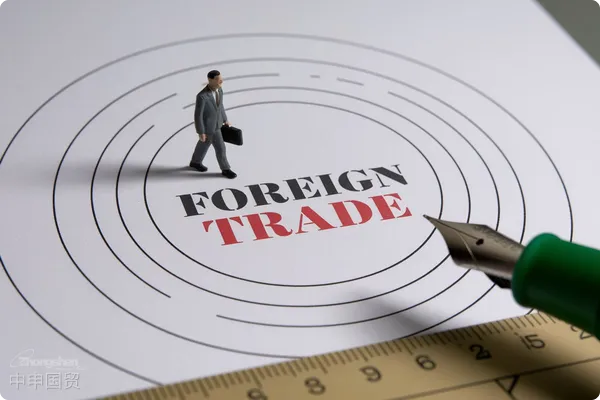
Impact of Tariff Increases and Countermeasures
First, if Trump returns to politics and regains power, he is likely to revive his previous tariff policies or even escalate them. Increased tariffs will indeed affect the competitiveness of Chinese goods in the U.S. market, but there’s no need to be overly pessimistic becausethe additional tariff costs will ultimately be passed on to U.S. end consumers. This means that in the short term, tariff hikes will lead to higher market prices, reduced consumer purchasing power, and potentially weaker demand. However, just like the fluctuations in mask demand, consumer capacity can be suppressed but is rarely eliminated entirely—it takes time to re-emerge.
For us in foreign trade, the U.S. market is indeed important, butthe breadth of the foreign trade marketfar exceeds the boundaries of a single country. Even if the U.S. imposes additional tariffs, it won’t push all foreign trade businesses to the brink of survival. The real pressure comes from competition within the industry. As the saying goes, As long as you outlast your competitors, you are the winner. In such market upheavals, the companies that endure and remain standing while others exit will ultimately emerge victorious.
Competition and Survival: The Underlying Logic of the Foreign Trade Industry
In the foreign trade services industry where I work, I’ve seen countless peers come and go over the years—some collapsing due to policy changes, others disappearing with shifting market trends—yet we remain standing. Why? The reason is simple:swift adaptation to changes and deep market understanding. In the volatile foreign trade industry, the key to survival isn’t blindly pursuing low prices or relying solely on a single market but having the flexibility to manage risks and the ability to innovate continuously.
Facing increased tariffs, foreign trade professionals can consider several countermeasures:
- Adjust market strategy: Reduce reliance on single markets and expand into more emerging markets such as Southeast Asia and South America. These regions have strong demand for Chinese goods and relatively lower tariff barriers.
- Enhance product value: Increase product value-added to shift from price competition to value competition. This way, even if tariffs rise, customers will still be willing to pay for your products due to their unique competitiveness and irreplaceable advantages.
- Optimize Supply Chain Management: Offset the impact of tariff increases by optimizing supply chains, reducing costs, and improving operational efficiency. For example, consider assembly or processing in countries with lower tariffs to reduce overall costs for entering the U.S. market.
- Flexible pricing and customer communication: For existing customers, proactively communicate changes in tariff policies and seek win-win solutions, such as adjusting order quantities or flexible delivery methods to share the increased costs.
Conclusion
The essence of the foreign trade industry is dealing with uncertainty. Policy changes, market fluctuations, and exchange rate fluctuations are daily challenges for foreign trade professionals. In this context, the only way to remain invincible isflexibility, proactive innovation, and continuous self-improvement. Increased tariffs in the U.S. market are not scary; whats scary is losing direction amid changes. In a fiercely competitive environment, those who endure will have the last laugh.
I hope everyone facing external changes will not be overwhelmed by short-term pressures but maintain strategic patience and decisive action, viewing foreign trade development from a long-term perspective. As long as we keep evolving and learning, we will ultimately become the few who succeed.
Related Recommendations
? 2025. All Rights Reserved. 滬ICP備2023007705號(hào)-2  PSB Record: Shanghai No.31011502009912
PSB Record: Shanghai No.31011502009912
